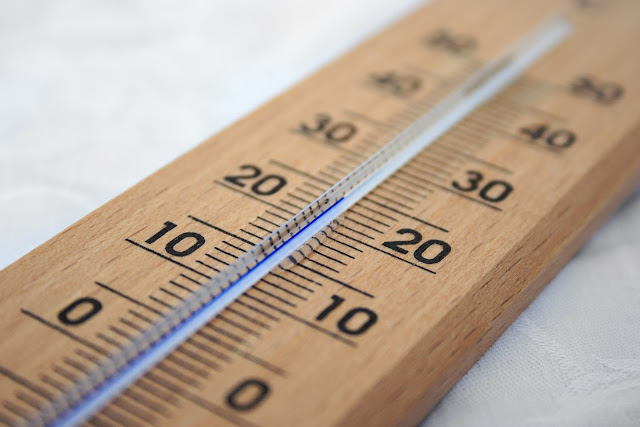Have you ever thought about where do temperature data loggers go after being manufactured? Me neither. But let’s talk about this for a moment. Data acquisition systems are all around us, so let’s see where are data loggers that measure temperature mostly used.
To be effective at their assigned task, they need to have real-time data, instant notification option as well as integrated memory to ensure no data is lost
Do you know of any other examples where we couldn’t live without temperature data loggers? Feel free to comment and let us know, we may write about it in some of our next articles.
Museum Preservation
In order to prevent deterioration of natural history museum collections, strict rules have to be respected when it comes to temperature. Temperature data loggers conform with restrictions associated with historical landmarks while they monitor and maintain stable temperature/RH levels throughout thousands of museumsTo be effective at their assigned task, they need to have real-time data, instant notification option as well as integrated memory to ensure no data is lost
Climate Monitoring
For every person living off agriculture, the two most important factors that are hard or impossible to control are weather and pests. Temperature data loggers almost completely solve this problem by constantly monitoring weather conditions to ensure plants are properly watered, minimize the amount of pesticides that is used and enable growers to actually achieve more by working less.Cold Storage Temperature Monitoring
Is there a better tool to maintain safety standards at food production companies that require cold temperatures than data logger? Probably not. Every food production company thanks the creators of data acquisition systems for their reliable temperature control.Water Monitoring
On the mission to restore and preserve the freshwater ecosystem, temperature data loggers are given an extremely important role. The aim to decrease water temperatures with a goal to increase the numbers of the fish is achievable with daq systems that constantly monitor water temperature and notify of any changes. The best thing? Everyone wins here.Do you know of any other examples where we couldn’t live without temperature data loggers? Feel free to comment and let us know, we may write about it in some of our next articles.

No comments:
Post a Comment